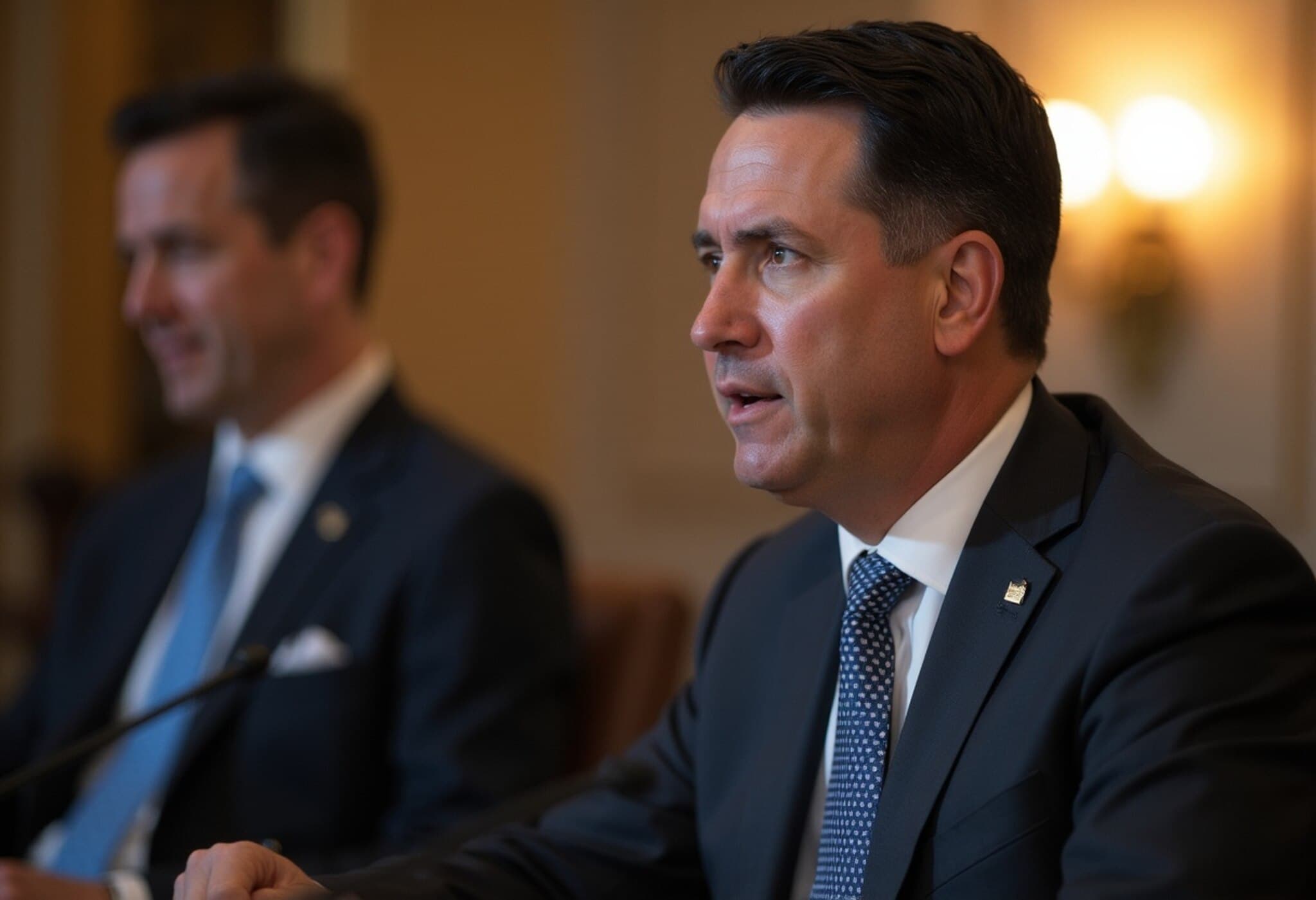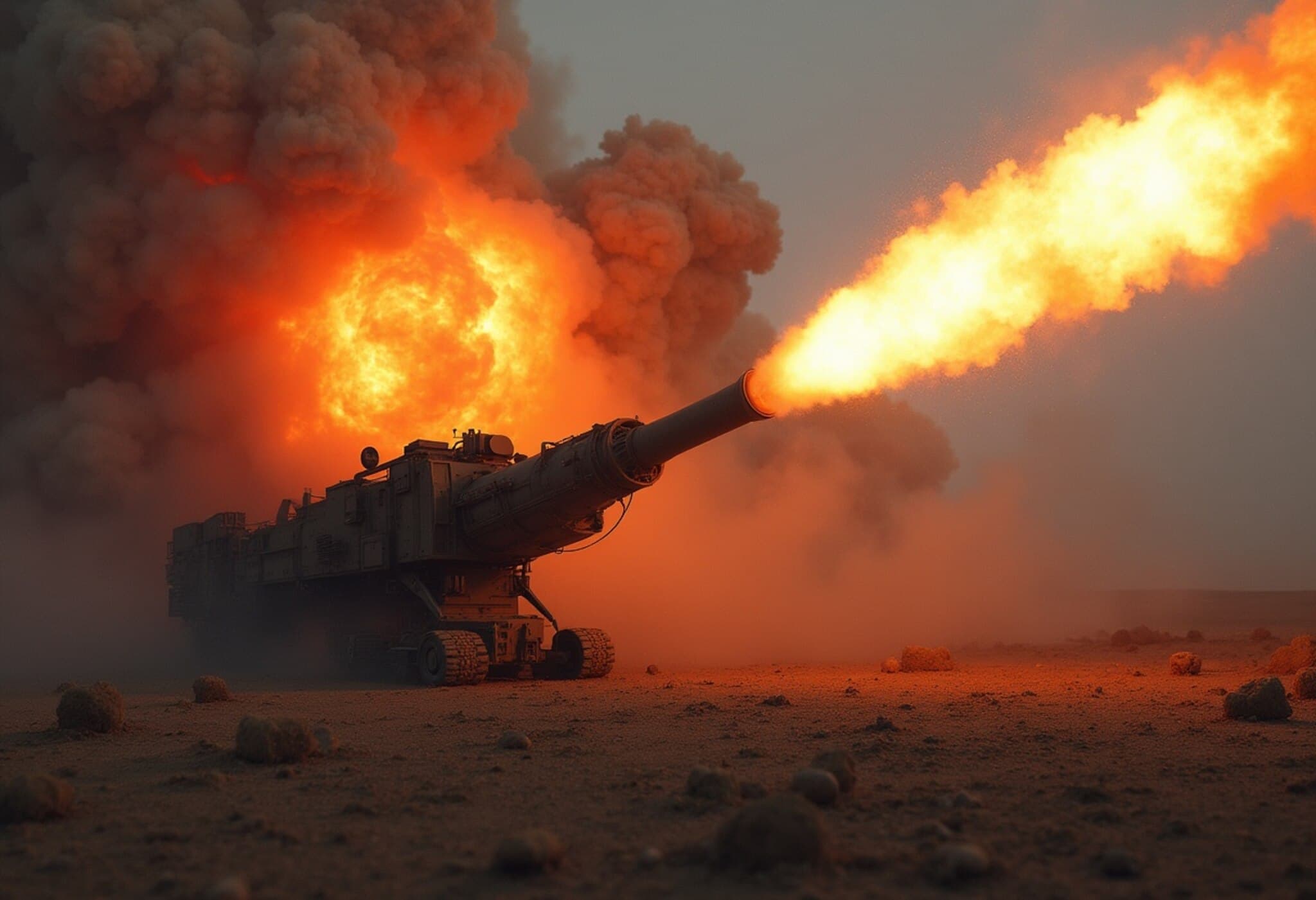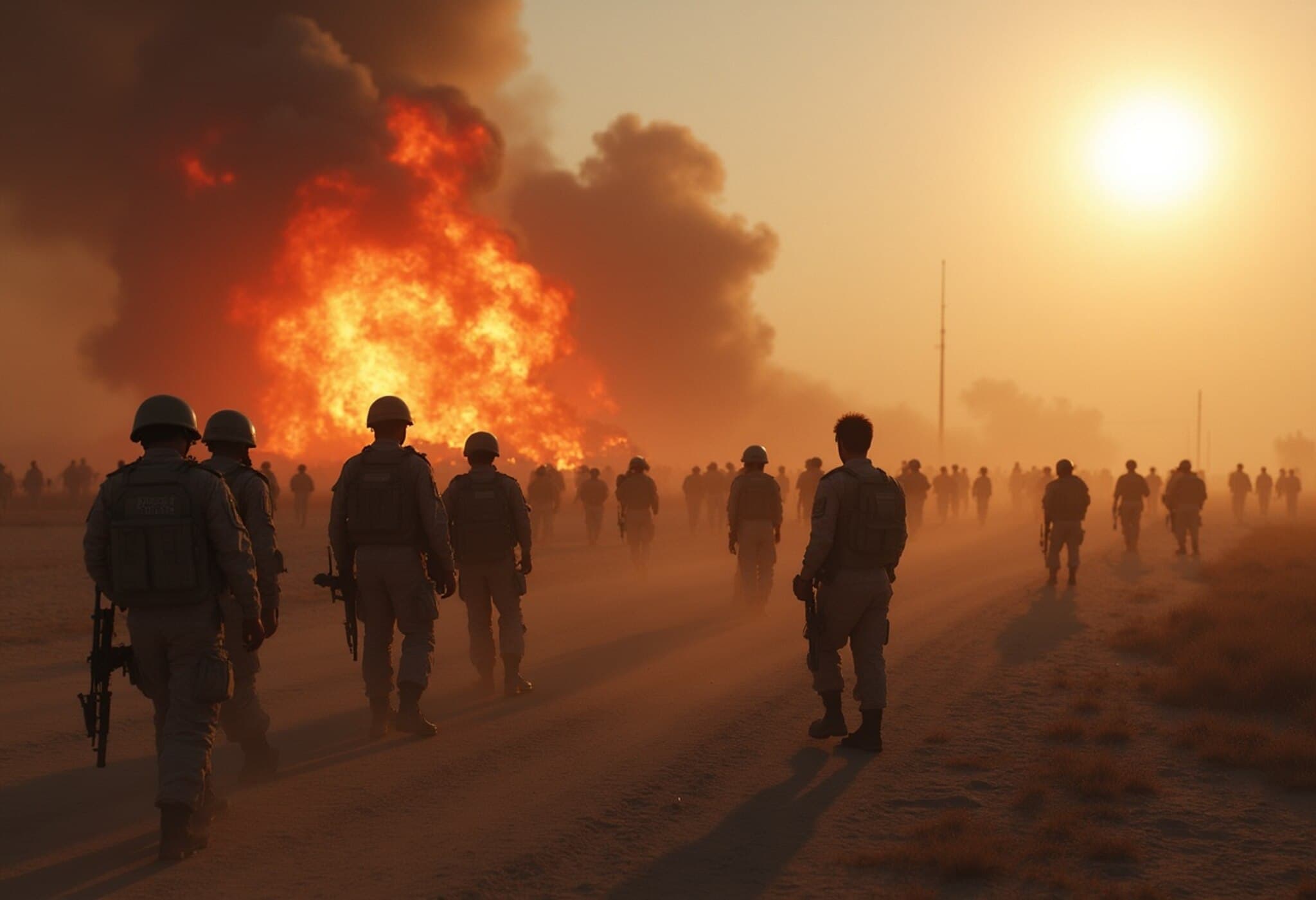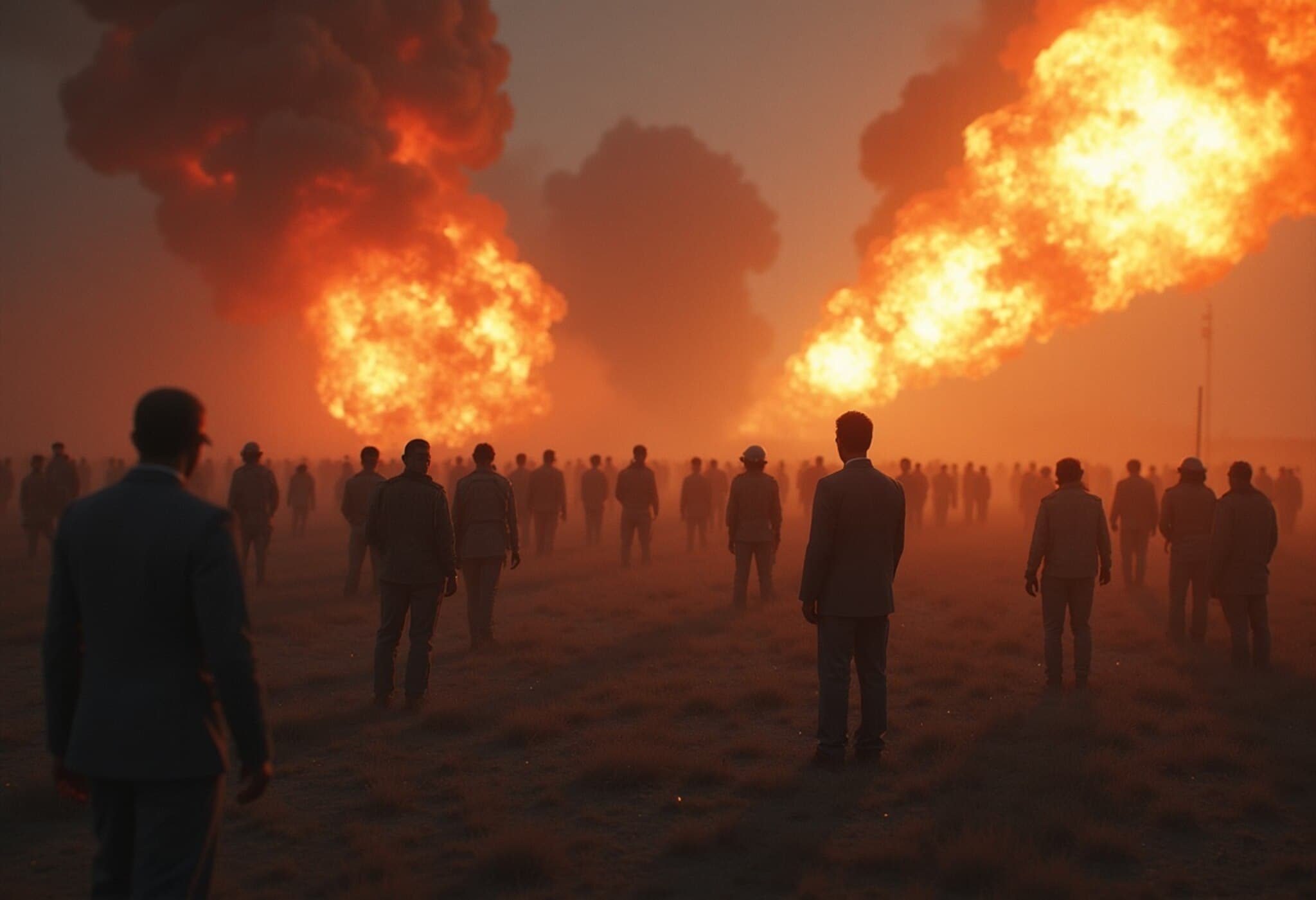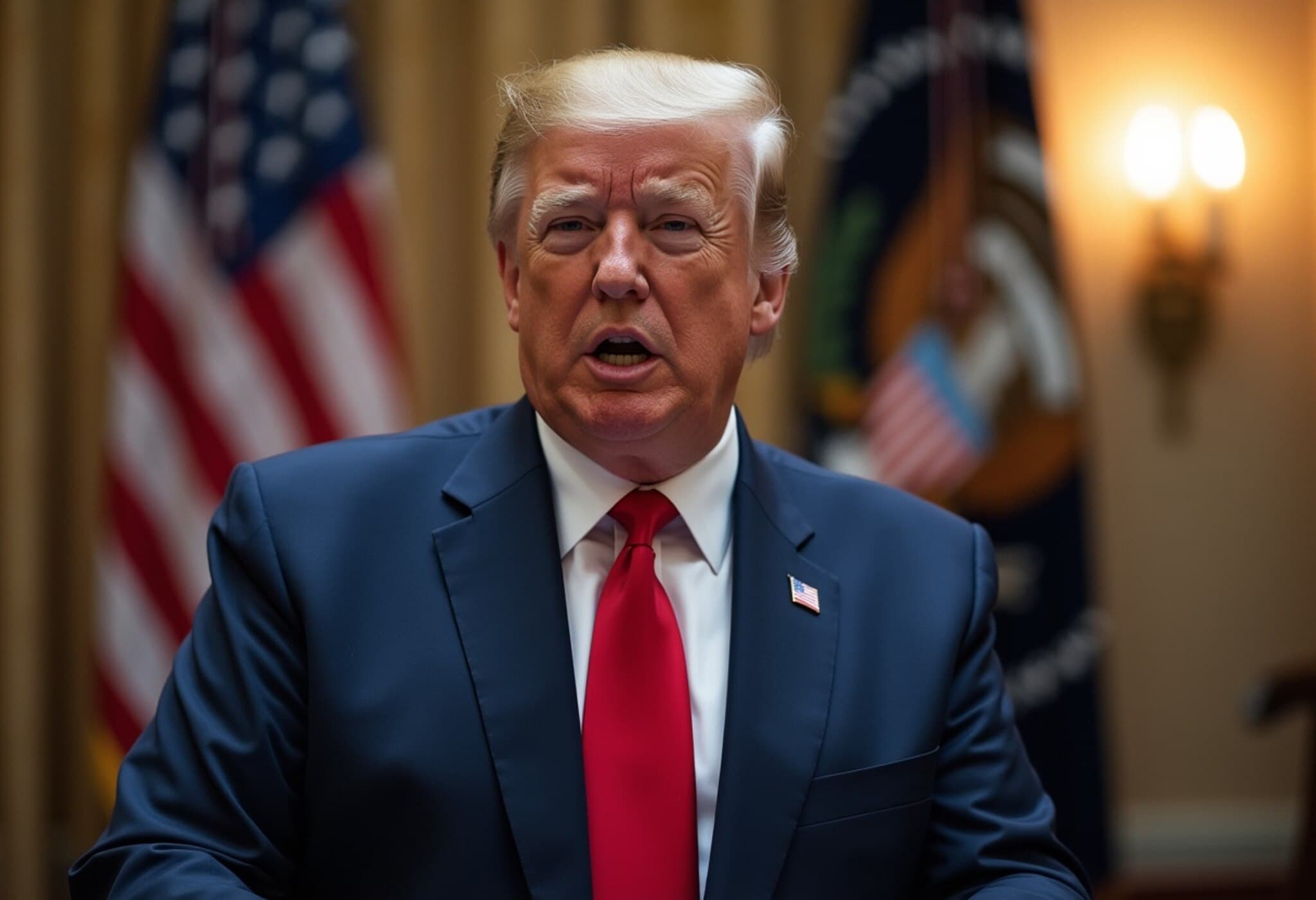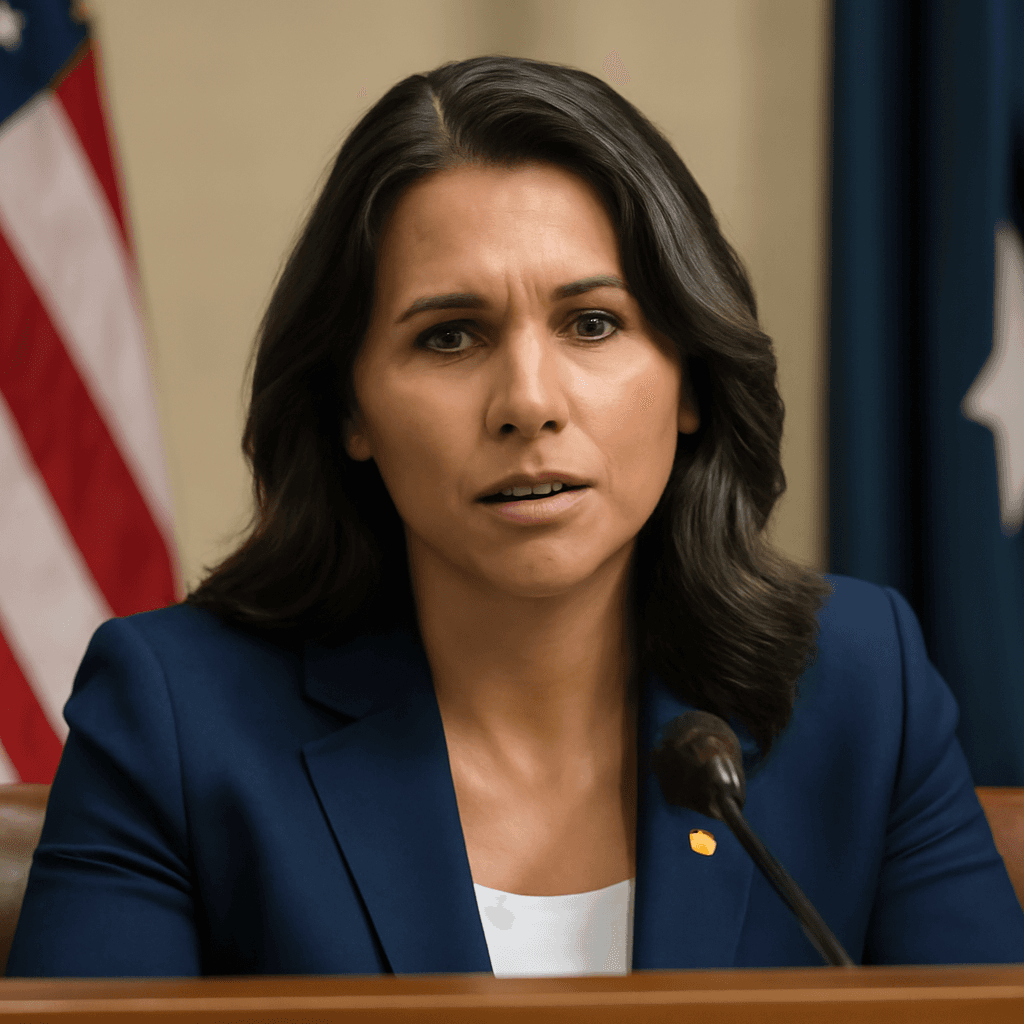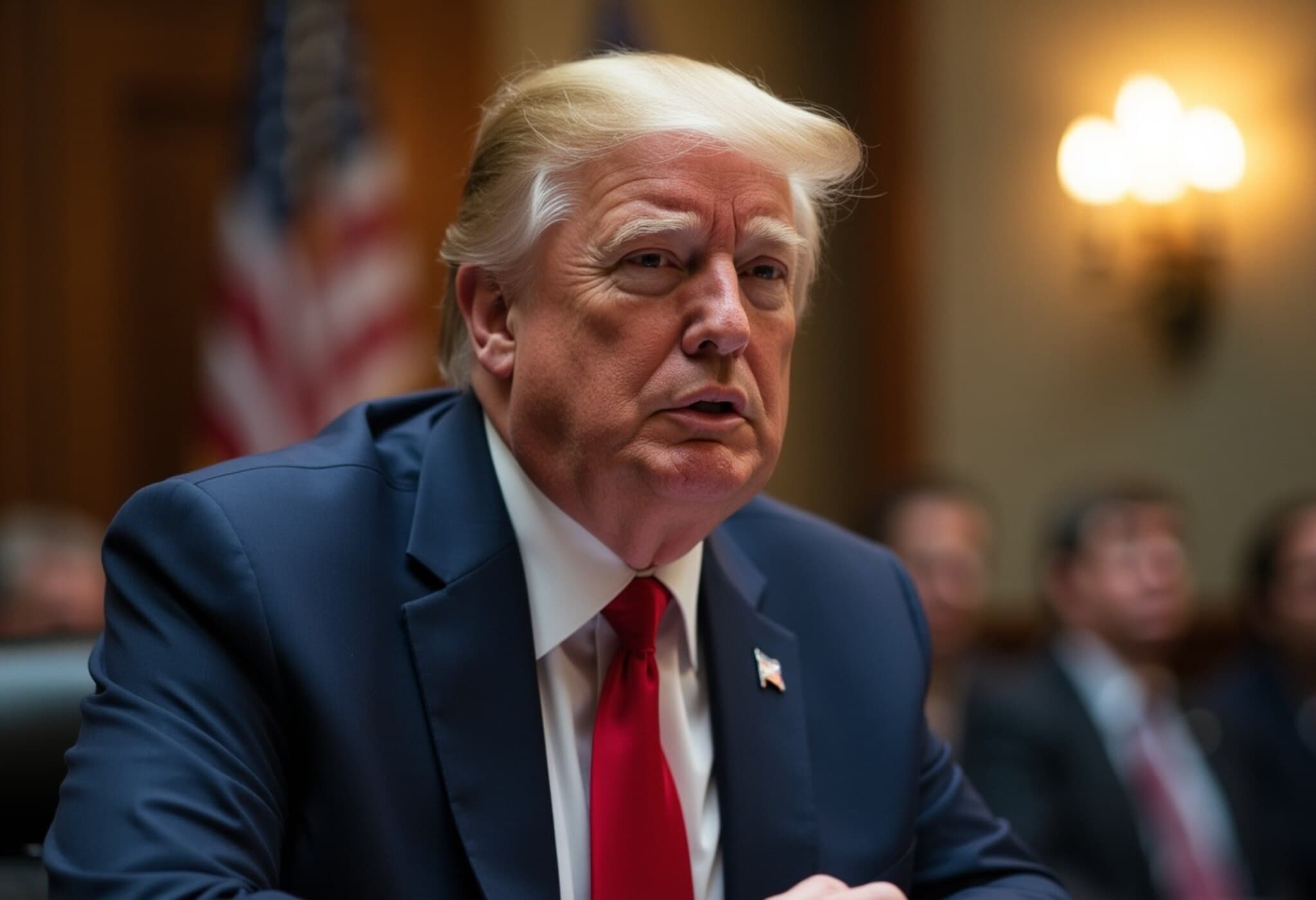Rubio Questions the Relevance of Iran's Nuclear Weapon Development
US Secretary of State Marco Rubio has sparked controversy by downplaying the importance of whether Iran is actively developing a nuclear weapon. In a recent interview, Rubio stated emphatically that it "doesn’t matter" if Iran’s Supreme Leader Ayatollah Ali Khamenei has ordered the creation of nuclear arms — a stance that raises questions about the justification behind recent US airstrikes on Iranian nuclear sites.
Strikes Target Iranian Nuclear Facilities
The United States recently carried out strikes at key Iranian sites including Natanz, Fordow, and Isfahan. These operations were said to be aimed at dismantling Iran’s nuclear program — a program shrouded in conflicting narratives and intelligence assessments.
Rubio’s Ambiguous Stance on Intelligence Confirmation
During the interview with CBS News, when asked directly if US intelligence confirmed Iran was building nuclear weapons under Khamenei’s orders, Rubio avoided a clear answer. Instead, he emphasized the level of uranium enrichment — noting Iran’s uranium has been enriched to 60 percent, a level typically associated with weapons-grade material.
He argued, "Why would they bury things three hundred feet underground if not to protect nuclear weapons? Why enrich uranium to 60 percent unless the intention is weaponization?" Rubio suggested this alone indicates Iran’s weapon ambitions irrespective of formal orders.
Disputes Over Intelligence Reports
The interview revealed a sharp contrast to earlier US intelligence reports. In March, a leading US intelligence official stated publicly that Iran was not currently developing nuclear weapons under directives from Khamenei. Yet, Rubio dismissed that assessment as an "inaccurate representation" and urged to disregard intelligence agencies’ readings in favor of observable facts — such as uranium enrichment levels monitored by the International Atomic Energy Agency (IAEA).
Rubio’s Position: Ambition vs. Confirmation
When pressed whether there was concrete intelligence about an explicit order from Khamenei to weaponize nuclear material, Rubio offered no confirmation. Instead, he maintained, the US has intelligence that Iran possesses all necessary components to build a nuclear weapon, though not conclusively that they were acting under direct orders.
Conflicting Statements from US Leadership
The Trump administration's messaging on Iran’s nuclear program has been inconsistent. In March, US intelligence officials indicated Iran was not actively weaponizing. However, former President Trump later contradicted these assessments, asserting Iran was close to acquiring a nuclear weapon.
The White House then suggested Iran could develop a nuclear weapon within two weeks of receiving official permission from Khamenei — indirectly implying such permission had yet to be granted. This track of mixed messages has fueled public confusion about the true status and threat level posed by Iran's nuclear work.
What This Means for US-Iran Relations
Rubio’s remarks draw attention to a deeper debate over the basis and legitimacy of US interventions in Iran’s nuclear activities. By framing the possession of enriched uranium and hardened facilities as sufficient cause for action — regardless of confirmed nuclear weapon development — US officials signal a more precautionary and aggressive stance toward Iran’s nuclear ambitions.
This approach complicates diplomatic efforts to negotiate limits on Iran’s nuclear program and may escalate tensions in an already volatile region.
Key Takeaways:
- Rubio declares intelligence on Iran’s weaponization efforts as "irrelevant" to justify US strikes.
- Iran’s uranium enriched to 60 percent is cited as strong indicator of weapons capability.
- Contradictory US statements continue regarding whether Iran currently pursues nuclear weapons under direct orders.
- Recent airstrikes target critical nuclear facilities, heightening geopolitical tensions.

